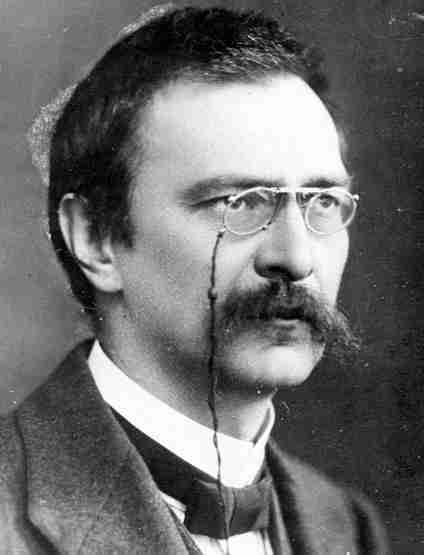He was a co-founder of the Polish Socialist Party (PPS), which he then, however, left to join the Nationalist camp, becoming its leading figure for many years. He was regarded a representative of its moderate faction. In the Second Polish Republic, Grabski was a Sejm deputy (1919-1927) and Minister of Religious Denominations and Public Education in the cabinets of Władysław Grabski and Wincenty Witos. Following the May Coup, he retired from political life, moving away from the increasingly radicalized currents in the National Democratic movement. During the Second World War, he was arrested by the Soviet authorities and deported to a camp in the Soviet Union. After his release he went to England, where he headed the National Council of Poland (1942-1944). Having returned to Poland on the 1st of July, 1945, he became a member of the State National Council (KRN) and served as its vice-chairman in 1945-1947. He resigned from his post after the rigged elections of 1947 and dedicated himself to his academic work at the Faculty of Law of the University of Warsaw. His major works include: Zarys rozwoju idei społeczno-gospodarczych w Polsce (1903), Rewolucja (1921), Naród a państwo (1922), Kryzys myśli państwowej (1927), Ekonomia społeczna (1927-1929), and Myśli o dziejowej drodze Polski (1944).

